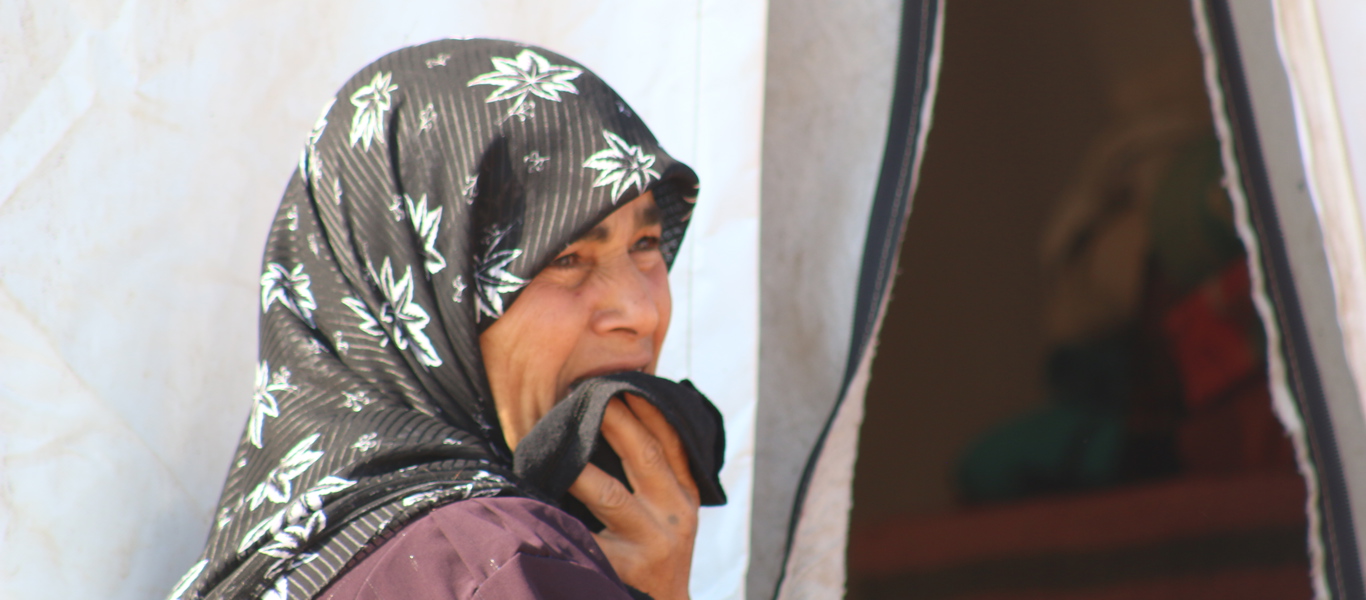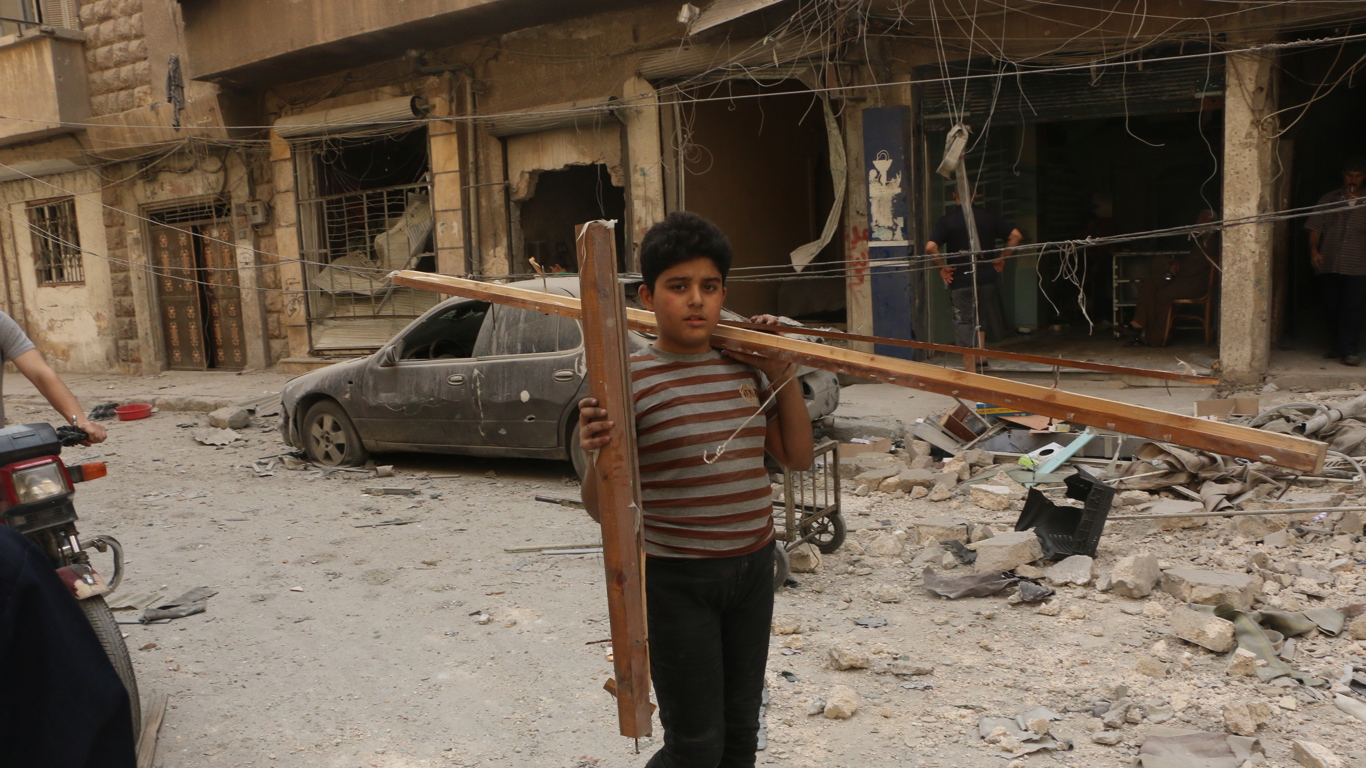
Widespread Hunger in Lebanon
A growing fuel crisis in Lebanon is pushing the price of food to simply unaffordable levels.
Huge numbers of people are struggling to obtain enough food to survive, causing many families to adopt extreme measures such as skipping meals or going without staple items.
Over the past few months, the Lebanese government has been gradually lifting fuel subsidies and has raised petrol prices four times in as many weeks in order to deal with ongoing fuel shortages.
This has had a knock-on effect on the price of food, which in turn has increased the levels of food insecurity in the country. In April, the World Food Programme (WFP) was providing food assistance to one in six people, whereas now, they now support one in four.
Economic hardship is nothing new in Lebanon. The country has been in the grip of an extreme economic crisis since 2019, when a breakdown of the banking and financial systems quadrupled the inflation rate, fuelled unemployment and caused the value of the Lebanese pound to plummet.
This crisis has since been compounded by the COVID-19 pandemic and last year’s Beirut port explosion; twin disasters which saw it descend into an unmitigated catastrophe. With no end in sight, Lebanon is now facing what is arguably one of the world's three most severe economic crises since the mid-19th century.
Focusing specifically on food, the WFP estimates that prices have increased by 628 percent in just two years, making it almost impossible for parents to put a sufficient amount of food on the table for their children. Some families have resorted to buying just the very basics such as bread, rice and pasta, while others have resorted to drinking tap water instead of bottled water despite the health risks that are posed.
For the Syrian refugees in the country, the crisis has served to intensify an already desperate situation. According to the UNHCR, a staggering 90 percent are living in extreme poverty, many of whom are unable to afford basic food items that are needed for survival. Current estimates hold that around 67 percent of Syrian refugees are skipping meals due to a shortage of food. The UN fears that starvation will soon be a reality for thousands.
This situation cannot continue. Urgent intervention is needed to protect against starvation and ensure an adequate standard of living for all.
We are on the ground in Lebanon responding to the crisis by implementing a range of food projects so that no one goes hungry. As well as ready to eat meals, we provide locally sourced food parcels containing enough nutritional ingredients to feed a family of five for a month.

